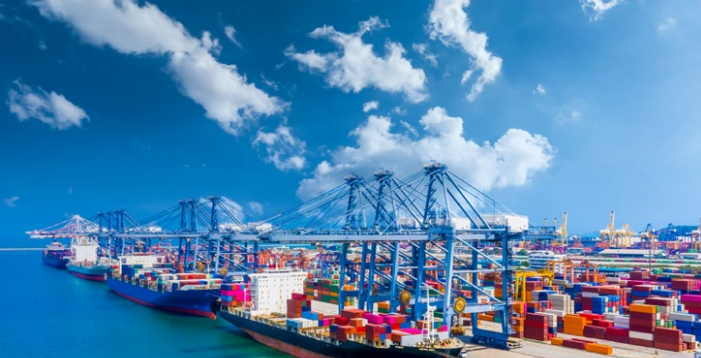Importation of cheap food by state firm is not without ripple effects

The Kenyan government announced that it will import large quantities of rice, cooking oil, sugar, wheat and beans duty-free through the Kenya National Trade Corporation (KNTC) as part of efforts to tame the rising cost of essential commodities in Kenya.
The KNTC is a State Corporation in the Ministry of Agriculture, Livestock, Fisheries & Co-operatives which was incorporated in 1965. It is mandated to act as a procurement agent for the government and to participate in the promotion of wholesale and retail trade in order to strengthen the supply chain of essential products. The Corporation is also mandated with supporting the Micro, Small & Medium Enterprise (MSME) sector through the supply of raw materials and identification of markets for their products.
In this plan, the government is using KNTC as an anchor agency in its quest to lower the cost of basic commodities as it seeks to stabilise the runaway price of goods on the shelf.
Consequences of the plan
The plan has caused disquiet among manufacturers and food processors who are yet to determine how they will fit into the State’s intervention in the supply chain. In the plan, it is estimated that KNTC will import rice amounting to 150,000 tonnes, 125,000 tonnes of cooking fat/oil, 200,000 tonnes of sugar, 25,000 tonnes of wheat and 80,000 tonnes of beans.
Manufacturers and local distributors are wary of this move as it will create unfair competition in the market. They argue that they will be unable to compete with the cheap imported goods and as such will lose money on their products thus killing the local economy.
The Kenya Association of Manufacturers (KAM) in a communique to its members said it would push for talks with the government regarding its plan to leverage KNTC to bring in the commodities.
How to balance these competing interests
In order to balance competing interests, the government may be forced to consider other alternatives. In the short term, the government may be able to bring some respite by lowering VAT on regular household goods such as cooking gas, cooking oil and food. This would lead to lower costs of locally produced goods thus enabling local manufacturers to compete with the cheaper imported goods. Or remove the need entirely for them. But this also raises the need for the government to develop a fresh tax policy that adapts to changing needs.
In the long run, Kenya must produce more of whatever is in shortage. For example, Kenya produces only 39% of its national wheat consumption. Land for agriculture is being put to alternative use or is subdivided.
Productivity is key to reducing inflation. High productivity rides on innovation and efficiency, which should be encouraged. Increasing productivity takes time. In order to increase productivity, industries have to redesign factories, irrigate new land, try new crops or animal breeds, put money into research and development and change the national culture to focus on efficiency while cutting red tape and bureaucracy.

